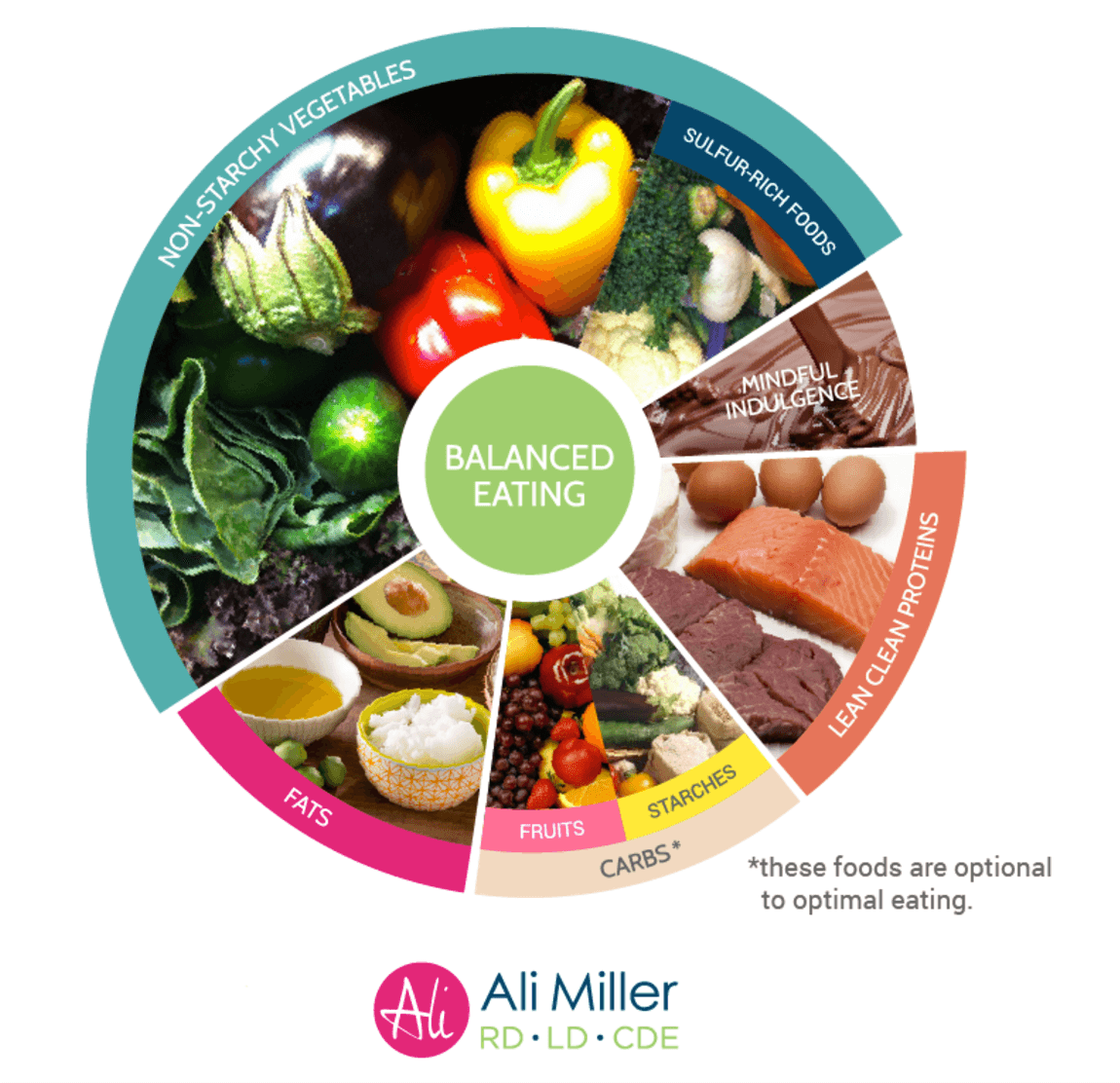Your diet affects ADHD symptoms. If you are a parent of a child who recently trick-or-treated, you know what we're talking about. In our recent article on food and supplements that help ADHD symptoms, we didn't list sugar as a positive influence. We probably don't need to explain in depth how sugar in your diet affects ADHD symptoms, but you can especially see it in the form of increased hyperactivity.
While sugar can increase ADHD symptoms, other choices can ensure your diet affects ADHD symptoms in more positive ways. Your brain is an organ and it needs the right nutrients to perform properly. Just like an engine needs fuel, your brain functions best when great diet choices are made to provide high-quality nutrition.
Try these 6 ways to ensure that your diet affects ADHD positively.
1) Eat a whole-foods diet
Don't feel the need to go to extremes, but shoot for a whole foods diet, as opposed to anything processed. Good choices include vegetables and fruits, protein, complex carbohydrates, and healthy fats (think nuts, seeds, avocado, olive oil).
For a good rule-of-thumb, we recommend trying to have the following ADHD diet portions on your plate:
- ½ vegetables and fruits
- ¼ protein
- ¼ complex carbs with fiber
2) Remove as much processed food from your ADHD diet as possible
As much as you are able, try to decrease dyes, sugars, and white flour. Practically, this means you may need to throw out the junk food. If it can last on the shelf for 5 years it’s probably not good for you. As companies process and preserve these foods, they also strip them of their benefit.
3) Do a pantry and fridge clean out
Knowing that your diet affects ADHD symptoms, you need to take precautions that will ensure a healthy diet. That means you need to get the junk food out of the house. Don’t rely on your ability to withstand temptation. If you know it’s there, it will eventually wear you down.
We’ve all been there. Little Debbie's siren call is just too tempting.
If you're serious about taking your ADHD diet seriously, you need to do the full fridge and pantry clean out. It's crucial for future control of your ADHD diet. Additionally, after starting over, determine to limit what you bring back in the house.
4) Don't (necessarily) go to extremes
This may seem counter-intuitive based on the clean out we just recommended. However, we've seen time after time that going overboard and getting super strict rarely works. It does for some, but not for most. In general, most people that try to do too much, too quickly, end up crashing and relapsing, with no long-term change.
How your diet affects ADHD means that we want long-term, sustainable change. It may be helpful to follow an 80-20 rule. Eighty percent of the time, strictly follow the ADHD diet rules. The other 20% of the time, though, allow for some exceptions. Weekends, eating out, or special occasions, can be fine "cheat" days if the rest of your meals you follow these ADHD diet tips.
5) Cut any negative reaction foods from your diet
In cases where there are particular foods that present strong negative reactions -- like for dyes, dairy, gluten, etc. --then, unfortunately, you may need to remove that food entirely. These are not reactions that can be tolerated, and it is best if you stay away from those triggers indefinitely.
6) Supplement your diet as you are able
The conversation on nutrition naturally (no pun intended) leads to the consideration of supplements. Typically, our modern diet does not give our brain the proper fuel needed to function at peak capacity. Because of this, holistic ADHD treatment options recognize how diet affects ADHD and seeks to improve that through supplements.
Looking at natural supplements to treat ADHD symptoms is a great option. In particular, it’s important to make sure you are getting beneficial levels of Omega-3’s, B vitamins, vitamin D, zinc, iron, and magnesium. Additionally, for the important Omega-3 DHA, we recommend combining it with Phosphatidylserine (PS). PS works to improve cellular communication. Practically, that means when both of these are taken together, each is able to maximize their benefits.
Please note, however, that you should find a brand that you trust. The FDA does not regulate supplements, so you do need to be careful. There’s a lot of companies out there doing good work, but there are also some less-than-reputable options.
What’s on the label is simply not always what’s in the capsule. That’s not meant to scare you, it’s just a fact. And that’s why we went so far as to develop our own line of FastBraiin supplements, to make sure that what our clients are putting in their bodies is safe, natural, and effective.

